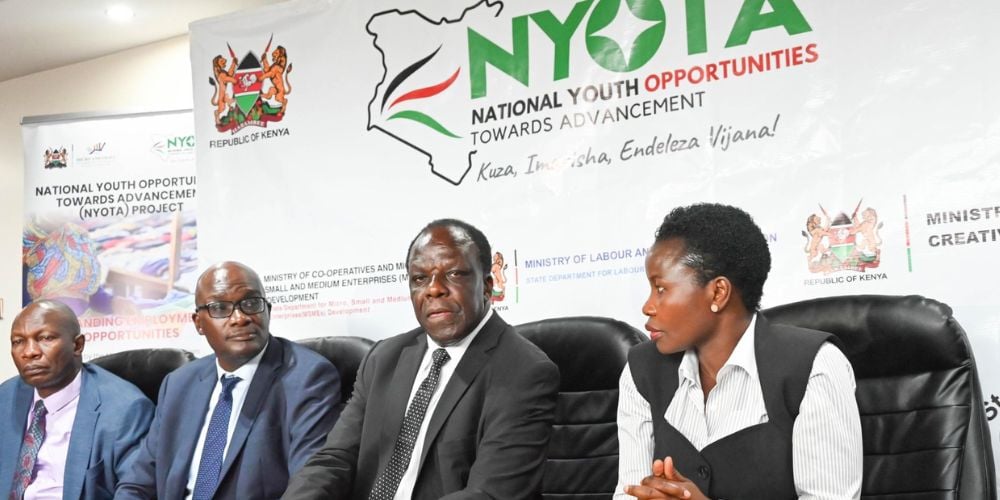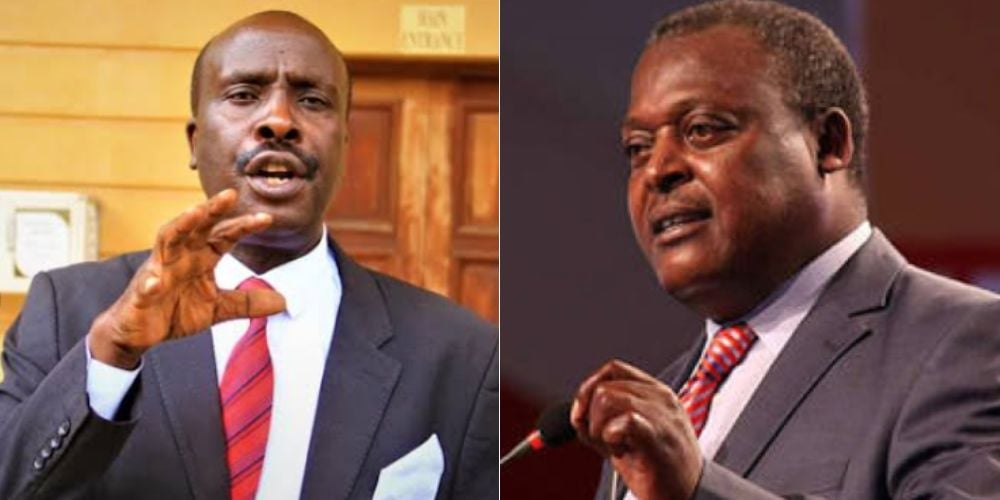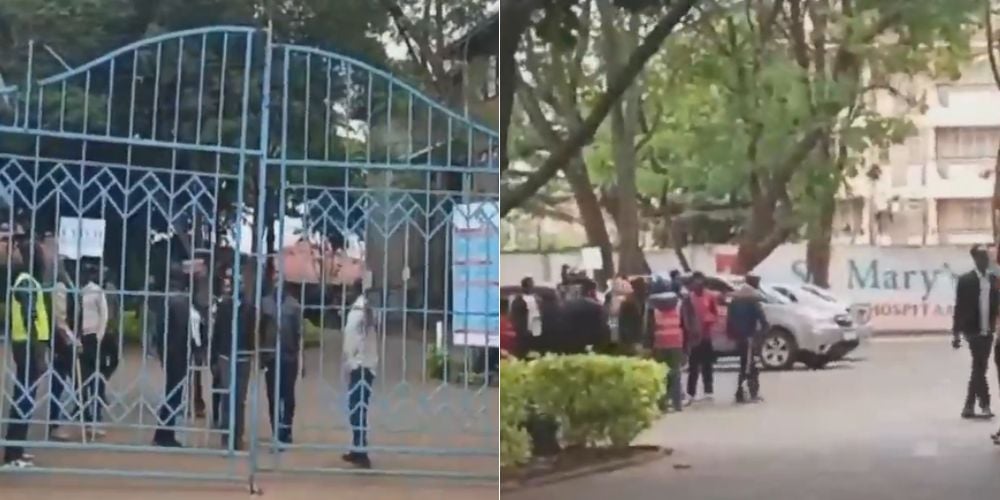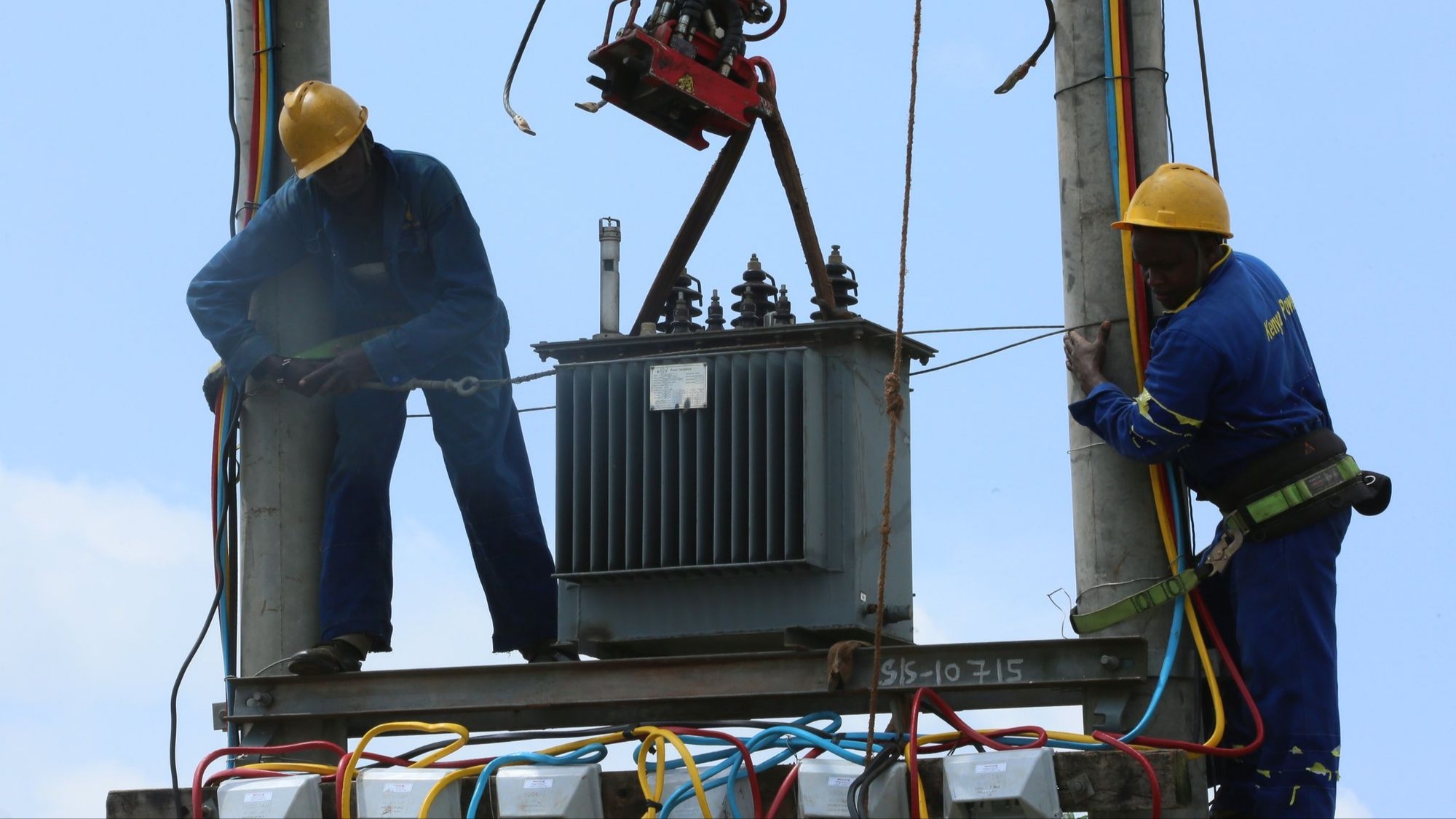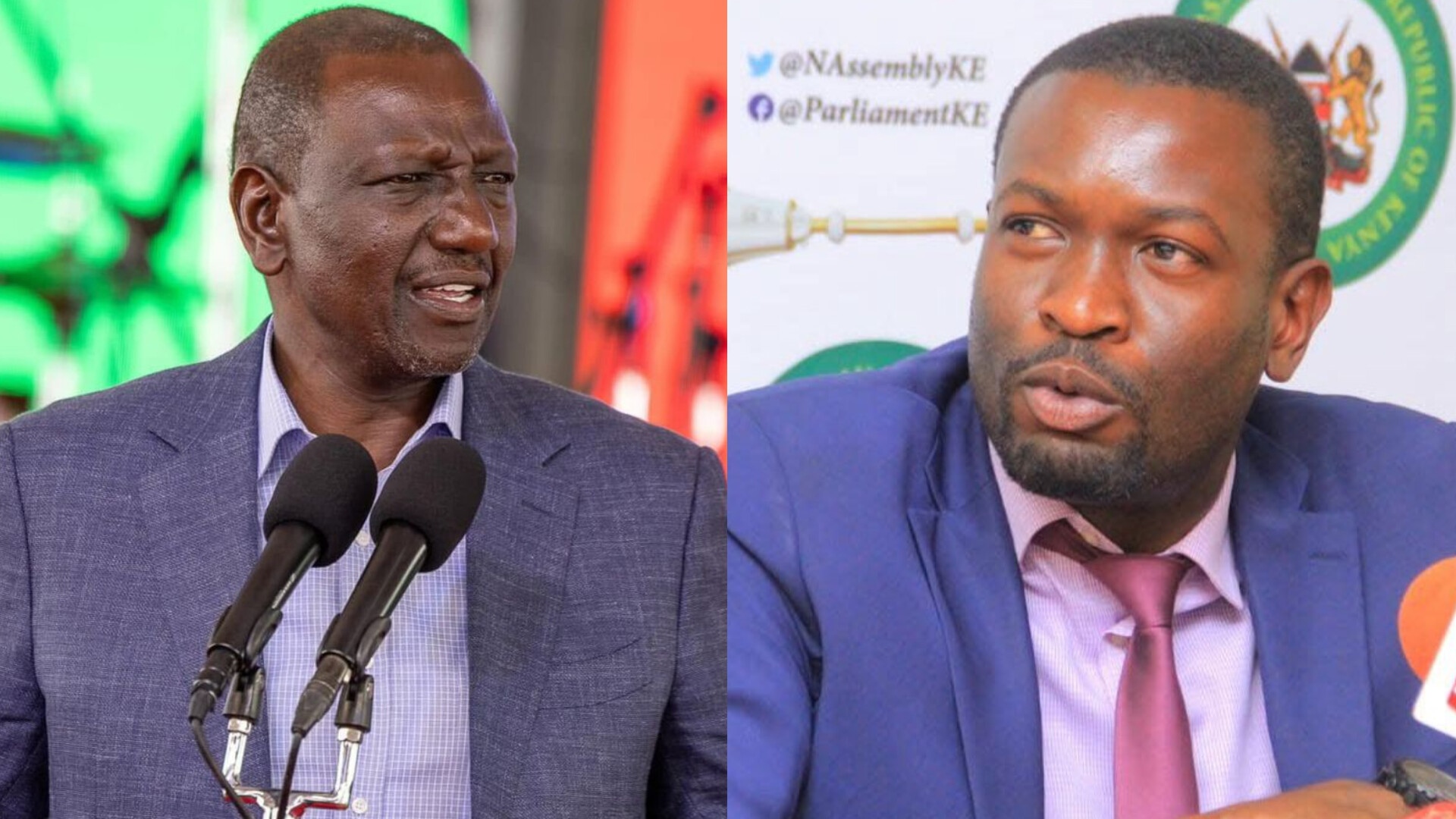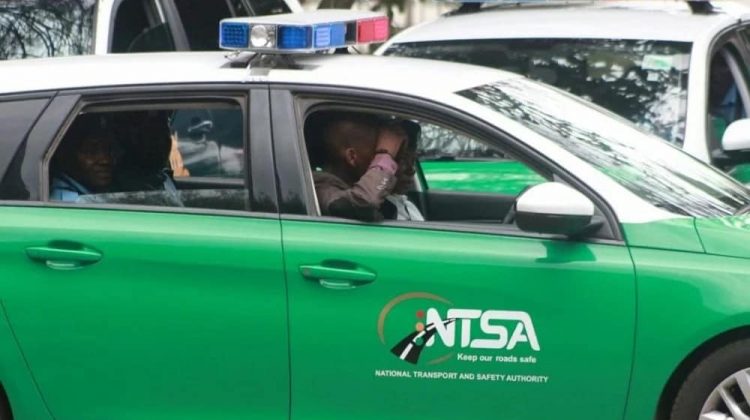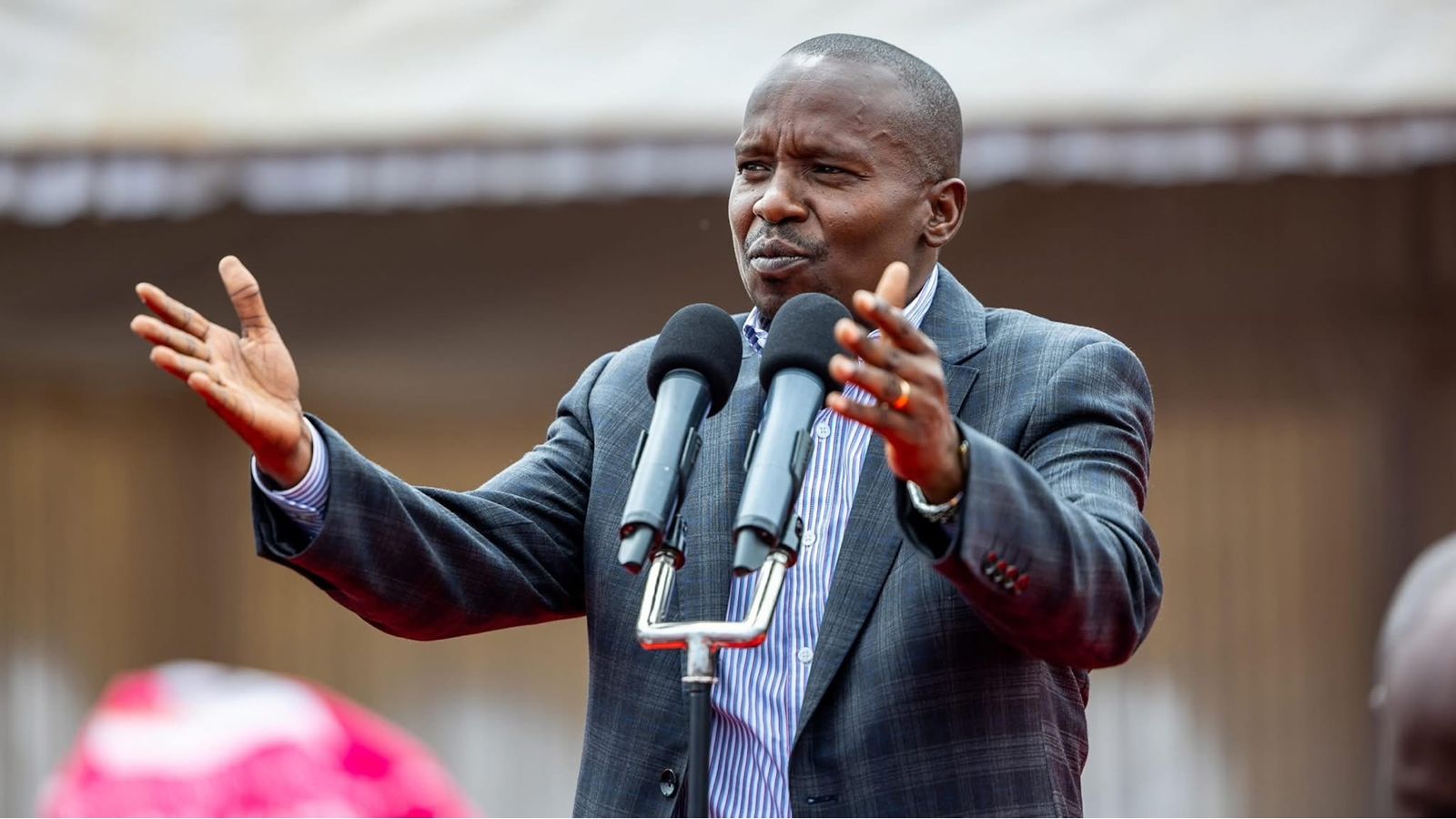The Micro and Small Enterprises Authority (MSEA) has warned Kenyans against fraudulent M-PESA messages claiming that youth have received funds from the NYOTA Project or NYOTA Foundation.
In a statement released on Monday, October 27, MSEA issued a scam alert after receiving multiple reports of fake messages prompting recipients to send money to unknown numbers.
"We have received reports of fraudulent M-PESA messages claiming that youth have received funds from the NYOTA Project or NYOTA Foundation and prompting recipients to send money to unknown numbers," the statement read.
MSEA emphasised that no M-PESA payments have been made to any beneficiaries of the programme.
"Please note: NYOTA has not sent any M-PESA-related payments," the authority clarified.
Read More
The fake messages, examples of which have been circulating on social media, show M-PESA transaction notifications claiming recipients have received amounts such as Ksh100,000 or Ksh999 from the ‘NYOTA FOUNDATION.’
MSEA urged the public to be vigilant and only trust communications from verified sources.
"All official SMS communication to youth will be sent only from 'NYOTA KE' and through the project's verified social media pages," the statement added.
The authority called on Kenyans to exercise caution when receiving suspicious messages.
“We urge the public to ignore, avoid sharing, and report any such messages or suspicious activity," MSEA said.

This comes a few days after the Ministry of Cooperatives and Micro, Small & Medium Enterprises (MSMEs) Development urged all applicants of the NYOTA Youth Empowerment Programme to attend the scheduled physical validation exercise on Friday, October 24.
In a statement on Thursday, October 23, Cabinet Secretary Wycliffe Oparanya said the exercise was designed to ensure transparency and fairness in the selection process by confirming the authenticity of applicants and their qualifications for the programme.
Oparanya explained that the verification process would cover key personal and demographic details to establish participants' eligibility and readiness.
"The physical validation exercise, therefore, seeks to confirm the authenticity and eligibility of applicants, ensuring that only genuine and qualified youth are selected to benefit," he stated.
The CS noted that the exercise would be a one-time event and only those who attended in person would be considered for final selection.
"Only those who present themselves physically for the validation will be deemed responsive and eligible for selection, and there will be no repeat exercise thereafter," he added.
Oparanya further emphasised that completion of the Entrepreneurship Aptitude Test (EAT) remained a crucial requirement for the final shortlist. The test, which evaluates business readiness and innovation capacity, could be taken during the validation process.
He confirmed that once the verification process was complete, the ministry would conduct a thorough review of the data and test results before announcing the successful beneficiaries. Shortlisted youth would then proceed to the induction and training phase in preparation for the business start-up stage of the programme.
